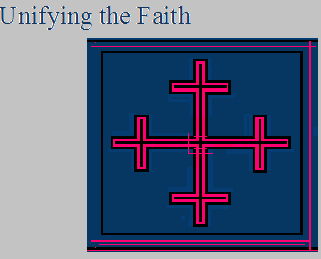Christmas comes around every year. Every year can sometimes become a bit of a repetitive routine. We do the same things such as the decorations, Christmas trees, gifts, and so on. We tend to also hear the same music and carols repeatedly, again and again. Sometimes, we probably do not even focus on the depth and meaning of some of those carols. A perfect example of this is probably the words of Edmund Hamilton Sears from 1849 in one of those carols which read as follows:
It came upon the midnight clear,
that glorious song of old,
from angels bending near the earth
to touch their harps of gold:
"Peace on the earth, good will to men,
from heaven's all-gracious King."
The world in solemn stillness lay,
to hear the angels sing.
Still through the cloven skies they come
with peaceful wings unfurled,
and still their heavenly music floats
o'er all the weary world;
above its sad and lowly plains,
they bend on hovering wing,
and ever o'er its Babel sounds
the blessed angels sing.
And ye, beneath life's crushing load,
whose forms are bending low,
who toil along the climbing way
with painful steps and slow,
look now! for glad and golden hours
come swiftly on the wing.
O rest beside the weary road,
and hear the angels sing!
For lo! the days are hastening on,
by prophet seen of old,
when with the ever-circling years
shall come the time foretold
when peace shall over all the earth
its ancient splendors fling,
and the whole world send back the song
which now the angels sing.
Hope you
understood my point…lol. Merry Christmas!
References:
https://www.hymnsandcarolsofchristmas.com/Hymns_and_Carols/it_came_upon_the_midnight_clear.htm
https://hymnary.org/person/Sears_EH
Words:
Edmund Hamilton Sears, in the Christian Register (Boston, Massachusetts:
December 29, 1849), Vol. 28, #52, p. 206.
Afterwards
published in Sermons and Songs, 1875, 5 stanzas of 8 lines.
Source:
Edmund H. Sears, Sermons and Songs of the Christian Life (Boston: Noyes,
Holmes, and Company, 1875), pp. 17-18.
Music:
"Carol," Richard Storrs Willis, 1850


